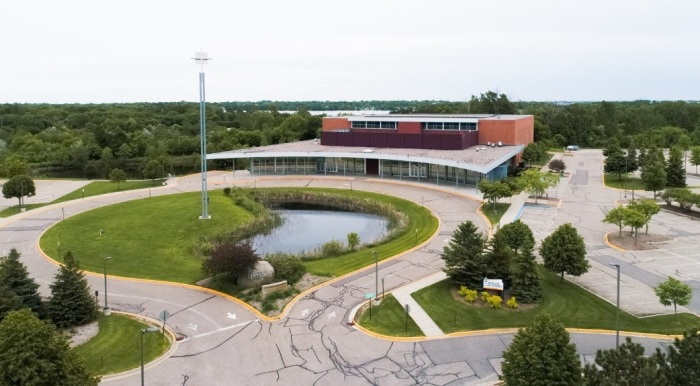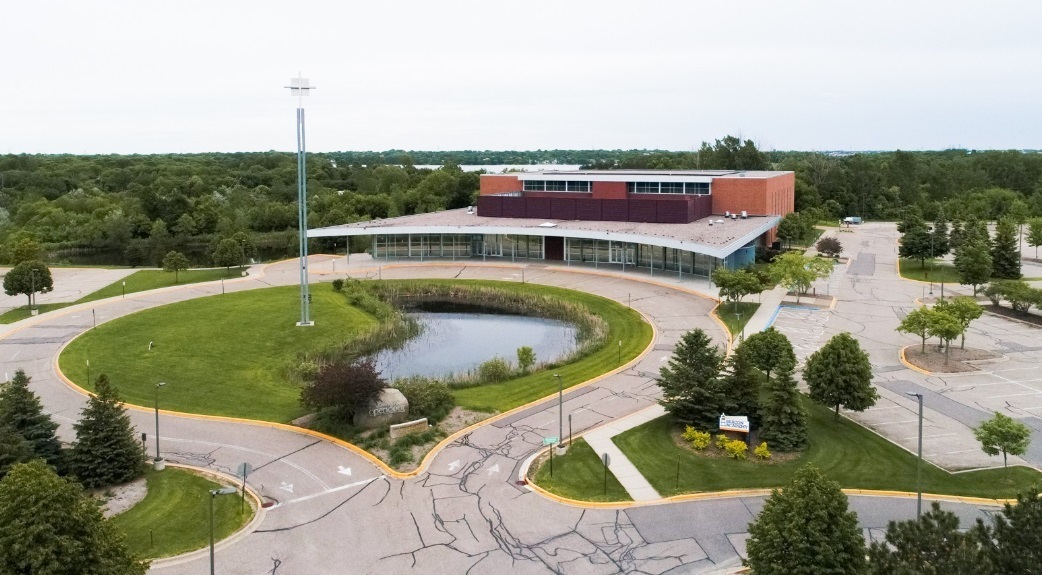
A nondenominational church in Minnesota is planning to build a tiny house community on its property to benefit those suffering from homelessness.
Church of the Open Door in Maple Grove is working with local officials and others to construct what it calls a “sacred settlement” of 12 tiny house units by summer 2026.
Open Door Pastor David Brickey told The Christian Post in an interview Thursday that the settlement will be divided into two sections: four homes for “Intentional Neighbors,” which are people “who have not experienced homelessness” but “whose goal is to foster a strong foundation for the settlement by living as a good neighbor” and eight homes “for those who have moved out of chronic homelessness.”
“Our primary reason is our Gospel call,” said Brickey. “We are followers of Jesus who practice the way of Jesus in our daily lives. Core to Jesus’ message and lifestyle is caring for the poor.”
Brickey said his church has partnered with other congregations to help plant two “Sacred Settlements” in St. Paul and Roseville a couple of years ago, with one of their pastors living as “an intentional neighbor during that time.”
“The communities have proven themselves successful in that we have seen deep wholistic healing in the lives of Sacred Settlement neighbors that has resulted in healthy community with zero crime, zero police involvement, zero neighbor complaints,” Brickey explained.
“Many of the neighbors have started new professions and have restarted old ones. Some neighbors have been reunited with family they were separated from through their homeless season.”
The tiny house community is planned to be near the back of the church’s main building. The homes will be close to the local natural landscape and will allow for a level of privacy.
“It’s important to note that because this is completely privately funded, we get to choose who moves into this community based on pre-chosen criteria,” Brickey told CP.
“Additionally, we are on the streets weekly and know many people experiencing homelessness in our community. Those relationships are also a key part in discerning who is a right fit.”
In terms of how this effort advances the Gospel, Brickey said Jesus was “clear as to who we are and our mission in this world.” Jesus’ “life and teaching,” he said, showed that it was “impossible to separate our private spirituality with our public acts of justice and mercy.”
“If we are growing in the character of Jesus internally, we will also see signs of that externally in how society is reordered to look more like Heaven on earth with the spheres of influence He has called us to,” said Brickey.
“The resources of our church family are not ours. Every dollar and square inch of our property are God’s and to be stewarded by us for His Kingdom advancement on earth as in Heaven. Jesus is our primary example of how to live and steward these resources. In that, we have re-envisioned our land and building as being less an event venue and more a homestead of healing for our community.”




